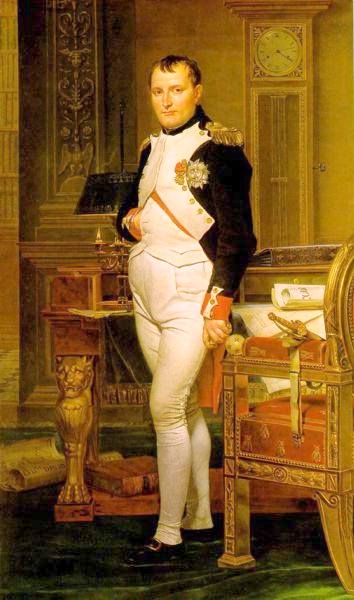Washington - Jan. 26 1871 -
The Sentate today voted to repeal the income tax after Jan 1, 1871 by a vote of twenty-six to twenty-five. The debate has been uninteresting, because little or nothing new has been contributed to the subject, either of arguements or facts. Mr. Johnston made a long speech favoring the repeal of all internal taxes, and submitted an amendment to that effect to the pending bill, which failed, of course, as he afterwards failed to vote for the unamended resolution of repeal.
A large number of Senators took part in the discussion, the speeches generally being very brief. Messrs. Buckingham, Cole, Corbett, Flanagan, Conkling, and Carpenter advocated the repeal; Messrs. Morrill of Vermont, Howell, Tipton, and Craign opposed it.
A point urged by several against repeal was that the cry as Mr. Cragin called it, came from the small number of people who pay the tax and not from the body of the people not affected by it.
About 4 o'clock a motion to go into Executive Session was voted down, and being thus evident that a majority of the Senate were determined on a speedy settlement, after the usual number of speeches by those who "did not want to occupy the time of the Senate longer," but "felt constrained to explain the reason for the votes they were about to give," a call of the yeas and nays was ordered. The call was the most interesting proceeding of the day.
The yeas led the list for some time, and when thirteen Senators had voted for the resolution only five had voted against it. Then there was a change, and first one side then the other was ahead. Finally the call was concluded with a vote of twenty-five. There was the usual pause for those who had not voted at first to record themselves before the declaration of the vote. Mr. Cameron was the only one to accept the priviledge and he voted "yea," and decided the fate of the resolution.
The Sentate immediately adjourned, thinking enough was accomplished for one day, and accordingly refusing to go into secret session for the consideration of the executive business.
The Ways and Means Committee further considered the question of repeal, and received from Commissioner Pleasonton the promised statistics reguarding the ammount of tax expected from this source under the law as it now stands.
The ammount (given in detail elsewhere) is a little over $8,000,000 from personal income, and a little over $4,000,000 from corporations, or $12,500,000 all told. No vote has yet been had in committee.
New York Times - January 27, 1871
http://query.nytimes.com/gst/abstract.h ... 838A669FDE


